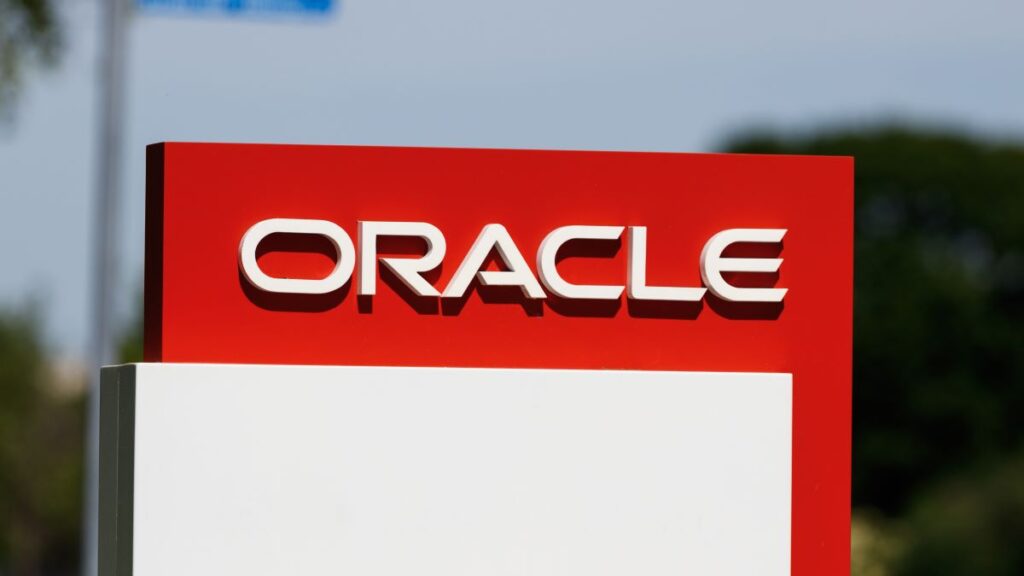As the AI Revolution spikes global demand for data centers, Oracle’s strategy to build large numbers of small data centers is proving to be wildly different from the approaches of the other three hyperscalers, personified by Microsoft’s reported plans to build a $100-billion data center.
While ultimate contrarian Larry Ellison has said that Oracle is building a very large number of very small data centers and will soon have more cloud regions across the globe than Amazon, Microsoft, or Google Cloud, a recent analysis in Data Center Frontier mentions the stunning rumor that Microsoft — the world’s largest cloud vendor by far — is planning a $100-billion dollar data center in concert with partner OpenAI.
From the Data Center Frontier article, citing reports from two other websites:
According to the reports, Microsoft, in conjunction with its partner OpenAI, is now said to be working on plans for a data center project that could cost as much as $100 billion…. with a projected launch date of 2028. The proposed supercomputer would be the penultimate in a series the companies plan to build over the next six years, the report added….
The report said Microsoft would likely finance the project, which is expected to be 100 times more costly than some of the largest existing data centers….
Now, while the prospect of a $100-billion data center is certainly intriguing, and while the business world’s insatiable appetite for data and its AI progeny is as real as it gets, we need to bear in mind that this report is all cloaked in the fog of unidentified sources and could well be human-generated hallucination.
But what’s even more interesting and completely fact-based is the historical perspective of the data-center business that makes up most of the Data Center Frontier article. Billion-dollar facilities are now fairly common for Microsoft, Google Cloud, and Amazon — so is it within the realm of possibility that as the demand for data and AI services continues to surge, we could soon see enormous and futuristic data centers with price tags of $2 billion, $3 billion or even $5 billion?
In contrast, the speculation about a $100-billion data center feels like the product of a wargame project designed to think through some extreme scenarios for what might conceivably be possible within a few years. And don’t forget — by then, quantum computing will be in production, and that could seriously alter how the hyperscalers think about data centers.
Plus, there’s the Larry Ellison Factor. While Oracle’s cloud-infrastructure business is much smaller than those of the other hyperscalers, it is also growing at more than 50% and Ellison has said that level of hypergrowth will continue for the next few years.
For an in-depth analysis of Ellison’s strategic thinking on why he feels this highly differentiated approach will be better for customers, please see my analysis from a year ago headlined “Oracle to Build ‘Hundreds of Cloud Data Centers,’ Says Larry Ellison; ‘One in Every Country’.”
That’s not a coincidence — across the past half-century, Ellison has repeatedly demonstrated an uncanny ability to drive innovation and success by doing pretty much the opposite of what competitors are doing.
And Ellison’s data-center formula is the antithesis of the mega-model outlined above. He believes Oracle’s customers want and need lots and lots of small data centers rather than a small number of giant facilities. Ellison believes this will enable customers to keep pace with the rising levels of regulatory and compliance requirements surfacing across the globe without sacrificing performance in any way.
Final Thought
Whether or not we ever see a $10-billion-dollar data center let alone a $100-billion-dollar mega-facility, these escalating data center wars will give customers a big set of alternatives to evaluate. And given Oracle’s success with its “small is beautiful” approach, perhaps we’ll see some of the other hyperscalers develop hybrid models that complement their very large data centers will mid-sized and small facilities.
However it plays out, this high-stakes competition is great for customers, who — as we love to point out — are always the ultimate winner in the Cloud Wars.

